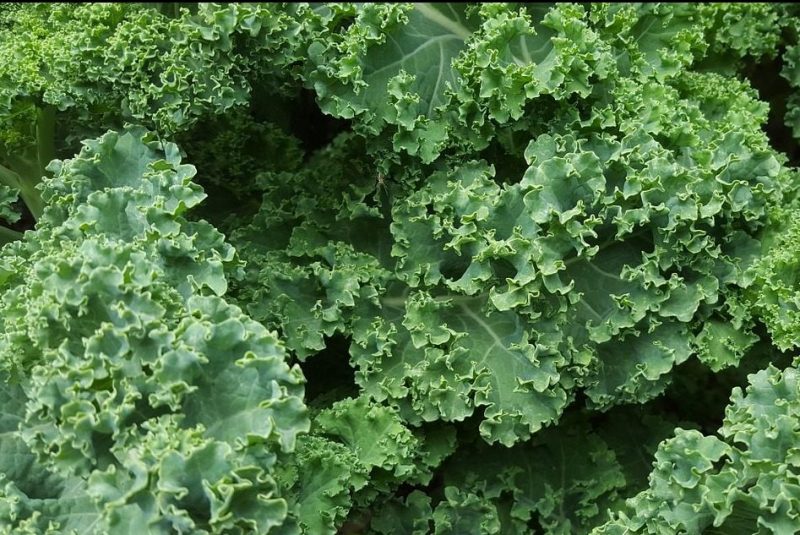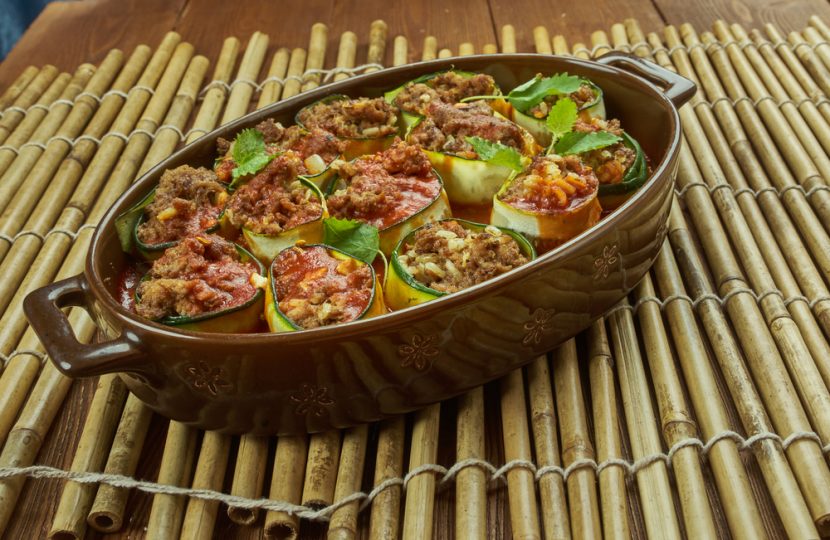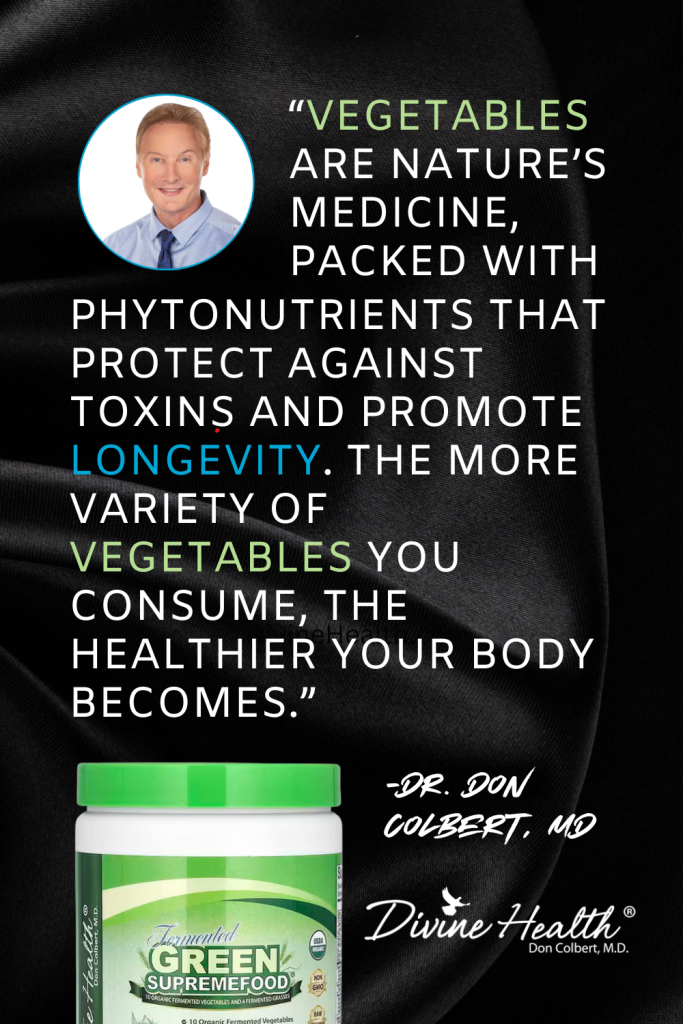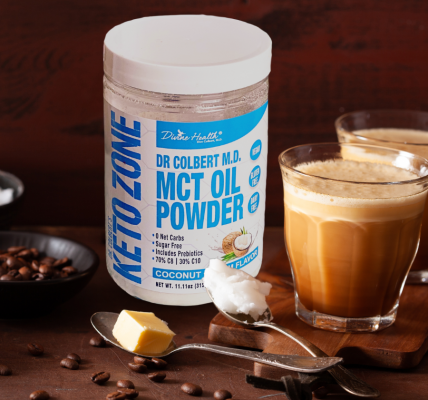Keto Zone Kale Salad with Raspberries
Ingredients:
- 1 bunch kale, stalks removed and discarded, leaves sliced thinly
- 1 lemon, juiced
- 1/4 cup extra-virgin olive oil, plus extra for drizzling
- Sea salt
- 2 teaspoons erythritol
- Freshly ground black pepper
- 1/2 cup raspberries (optional)
- ¼ cup pine nuts, sunflower seeds, or chopped toasted walnuts
Instructions:
- Place sliced kale, half of the lemon juice, a drizzle of oil and a dash of salt in a large bowl.
- Secret tip: Massage the kale with this mixture (by hand) until the kale starts to soften and even wilt, 2 to 3 minutes. Set aside.
- Meanwhile, make the dressing. In a small bowl, whisk remaining lemon juice, erythritol, and lots of freshly ground black pepper, to taste. Pour in 1/4 cup of oil while whisking until a dressing forms.
- If you’d like, double this simple dressing recipe and pour over sautéed chicken strips for a complete meal.
- Pour the dressing over the kale, and add the mango and seeds/nuts. Toss and serve. Serves 4.
Nutrition info (salad and dressing): 170 calories, 15 grams fat, 6 grams net carbs (9 grams carbs, 3 grams fiber), 3 grams protein
9 Science-Backed Health Benefits of Kale
1. Kale is Packed with Nutrients
What’s in a cup of fresh kale?
Each cup contains (1):
- Vitamin A: 206% of the DV (from beta-carotene)
- Vitamin K: 684% of the DV
- Vitamin C: 134% of the DV
- Vitamin B6: 9% of the DV
- Manganese: 26% of the DV
- Calcium: 9% of the DV
- Copper: 10% of the DV
- Potassium: 9% of the DV
- Magnesium: 6% of the DV
- It also contains 3% or more of the DV for vitamin B1 (thiamin), vitamin B2 (riboflavin), vitamin B3 (niacin), iron and phosphorus
The beta-carotene, vitamin K, and vitamin C alone are great reasons to eat kale.
2. Kale is Good for Your Heart
First, kale can improve your cholesterol levels.
In fact, one study showed that daily kale juice can result in increased HDL (an increase of 27%) and decreased LDL (10% decrease)(2).
What’s more, kale exhibits a strong effect on the binding of cholesterol by bile. After binding it, the body is able to eliminate the cholesterol naturally.
This effect has been shown to be 43% as cholesterol medications (3).
3. Kale is Loaded with Antioxidants
Antioxidants are extremely important to the health of your whole body.
As free radicals and oxidative stress build up from all sorts of biochemical reaction, antioxidants stop them from doing damage (4).
Kale’s strong antioxidants include beta-carotene, vitamin C, quercetin and kaempferol.
What’s more, quercetin and kaempferol do more than quench free radicals.
These specific compounds promote heart health, reduce inflammation, reduce virus activity, have anti-cancer effects, and may reduce depression (5).
4. Kale is a Cruciferous Vegetables that is Highly Anti-Cancerous
Like other cruciferous vegetables, kale exhibits many strong anti-cancer activities in studies.
In fact, kale and cruciferous vegetables (6):
- Are chemopreventive by reducing oxidative stress
- Delay and block new cancer cells
- Cause biochemical changes to prevent, delay, and reverse new cancer cells as well as advanced ones
- Activate tumor cell death
5. Kale can Detoxify Your Cells
Kale supports your cells’ complete detoxifying process.
Our cells are bombarded with toxins each day. When they are overloaded and need to detox, they undergo a 2-step process: Phase 1 and Phase 2 detoxification.
Kale is unique in that its glucosinolates and antioxidants that contain sulfur and nitrogen make compounds that support both phases of detoxification.
Cellular detoxification promotes whole-body health from your cells on up.
6. Kale Promotes the Synthesis of Diindolylmethane (DIM)
7. Kale is Great for Your Eyes
8. Kale is Keto Zone Friendly
Kale contains 4 grams of net carbs.
When you cover in a wonderful anti-inflammatory oil like olive oil, it becomes a great keto zone food.
What’s more, it contains fiber that promotes both gut health and satiety, further promoting a healthy weight.
Bottom Line












